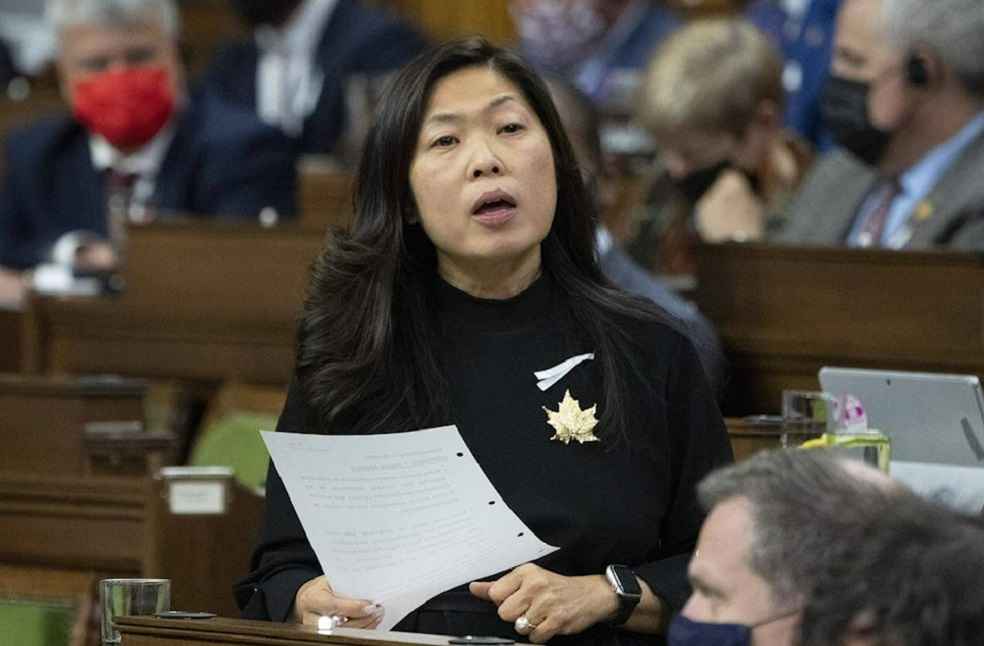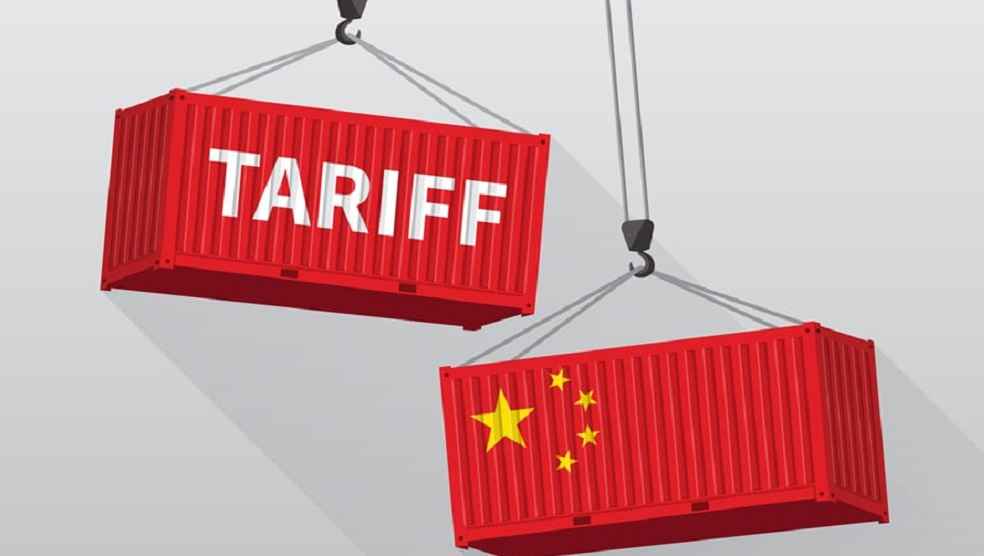China announced on Tuesday an anti-dumping investigation into Canadian canola imports, following Canada’s decision to impose tariffs on Chinese electric vehicles (EVs). The move comes after Canada, aligning with the U.S. and European Union, introduced a 100% tariff on Chinese EVs and a 25% tariff on Chinese steel and aluminum imports.
China’s Ministry of Commerce condemned Canada’s actions, calling them “discriminatory” and warning of potential repercussions, including investigations into other Canadian products such as chemicals.

Canadian officials expressed concern. Agriculture Minister Lawrence MacAulay stated that Canada’s canola producers adhere to global trade rules and that the government will closely monitor developments. Trade Minister Mary Ng assured that Canada would defend the interests of its agricultural sector, with canola being a key export to China.
More than half of Canada’s canola production goes to China, the world’s largest oilseed importer. Canola is widely used in cooking oil and renewable fuels. The Canola Council of Canada expressed confidence that the investigation would confirm compliance with trade rules.

China’s rapeseed meal futures rose 6% after the announcement, while the ICE canola contract for November fell by 7%. China accused Canada of dumping canola, citing a 170% increase in exports in 2023.
Analysts suggest China could turn to Australia for canola imports if restrictions are eased. Australia’s canola production is currently strong, while European production has been hindered by poor weather.
China has a history of targeting Canadian canola during trade disputes, suspending two Canadian exporters in 2019. The current investigation could further strain trade relations between the two countries as China seeks alternatives for its canola imports.
BUSINESS GENERAL | Global Pulse Demand Rises: New Opportunities for Market Players



